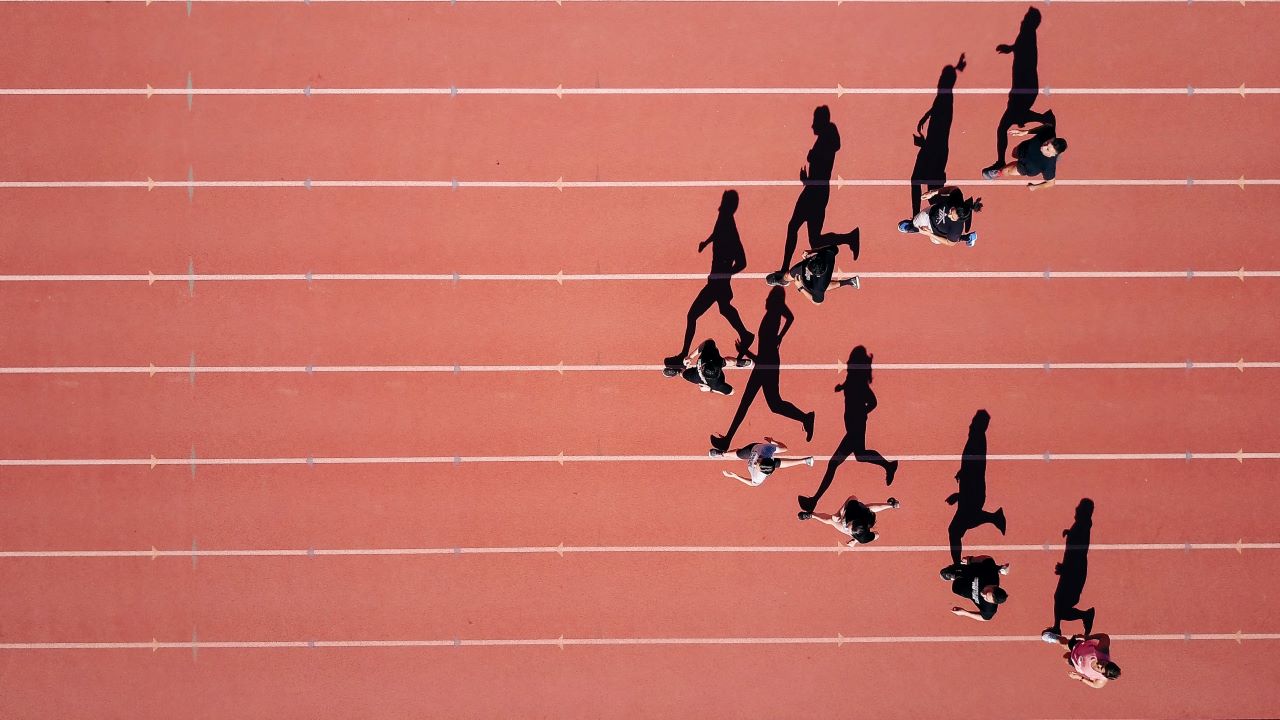Coincidentally, the news of India’s total medal tally at the recent Commonwealth Games 2022 came to me just a few minutes after I drove past the Olympic Bhawan in New Delhi.
As I answered my phone, the voice on the other end was brimming with excitement. It was my assistant who has been watching the live broadcast of the CWG since the opening ceremony. “Sir, we won 61 medals this time. Shooting and archery wasn’t there otherwise we would’ve got 10-15 more easily”, he said.
Another article in a leading publication read – Neeraj Chopra’s late withdrawal from the CWG 2022 definitely left India one medal short.
I often wonder why we always find some reason to dig a gap between our team members’ performances and our own expectations. Why can’t we simply acknowledge the achievements and feel proud and wonderful about it, huh?
The problem is not the limitation of possibilities in India for these glorious victors, but a form of illegitimate power assigned to several brand managers across India who make choices based on their personal preferences.
It doesn’t matter how many we won, but how well we won them.
Australia and England have 5 times more total medals won than India since the inception of the Commonwealth Games in 1930. Canada has 3 times more. But that does not mean we are not good enough. One has to understand the significant difference in the quality of training and infrastructure available to Indian athletes versus those who come from the top 3 ranking nations. There is no doubt things have gotten better over the years, but it’s still a long way to go before we can compare an apple to an apple.
Winning medals is a matter of great pride for any nation and India is no different. It was wonderful to see athletes from some of the remotest towns of India competing at an international stage with such determination and confidence. This is the window that young India wants to glance through. A window that promises immense opportunities for those who are aspiring and gearing up to win medals for India in the future.
In 2007, when a young Team India under the leadership of first-time captain MS Dhoni won the inaugural ICC T20 World Cup tournament, it changed the game of cricket in India, forever. CWG medals have a similar impact in India’s development across sports and it will only further augment the overall value proposition of our nation’s competitiveness on the world stage.
Having said that, the question we should be asking is what do the medals mean for our athletes beyond just a great sense of achievement and national pride?
It means many things. But very importantly, it triggers a potential acceleration in their financial earnings which they truly deserve. Although, the reality up until today is that only a few actually experience it.
So this is typically what happens:
Whenever we start winning at tournaments like the CWG, the media covers it widely (thankfully). We see acknowledgements flowing in from top politicians and celebrities on social media. This is when most of India learns about the majority of these athletes for the first time – be it Jeremy Lalrinnunga, Aching Sehuli, Murali Sreeshankar, Sonalben Patel. Then we all start reposting and retweeting to express our continued support. And while all this is happening, brand managers across many companies start evaluating these winners for a potential engagement or more.
Sadly, it’s usually short-lived, with only a handful of athletes eventually finding good opportunities with these brands. Further, some end up engaging with regional brands where the revenue potential is limited. And a majority are left without any opportunity, despite winning a medal for India.
It does sound pathetic, but the problem is not the limitation of possibilities in India for these glorious victors, but a form of illegitimate power assigned to several brand managers across India who make choices based on their personal preferences. I know of some who have refused choosing medalists in the past just because of their skin colour. This has been a problem in India for decades.
Without giving away any names, I have had enquiries from some marketing heads in the past few days who are only keen to engage with gold medal winners from certain sports/games. “Why?” I ask. Haven’t the silver and bronze medal winners brought us the same sense of pride like the gold did?
The disparity in choices is blatant, and this must change.
I strongly believe all our medal winners must find similar opportunities with brands once they come back home. The younger brands are far more open for such engagements today. And the good thing is they are willing to look beyond cricket which is certainly a welcome move.
No one had imagined PV Sindhu would become the highest paid women athlete in India unless support came in from various brands. The media had a huge role to play as well. I am hopeful that this time around, the media would support all of them ‘equally’ and we can get to see Nikhat, Jeremy, Priyanka and all others in TV ads and on billboards across the nation.
As you read this, my team is already discussing endorsement opportunities for four of our CWG 2022 winners. And guess what, none of them are gold winners.
The author is the Founder and CEO of One One Six Network Limited, an investor-backed sports and entertainment company based in the UK, with operations in India and the Middle East.
